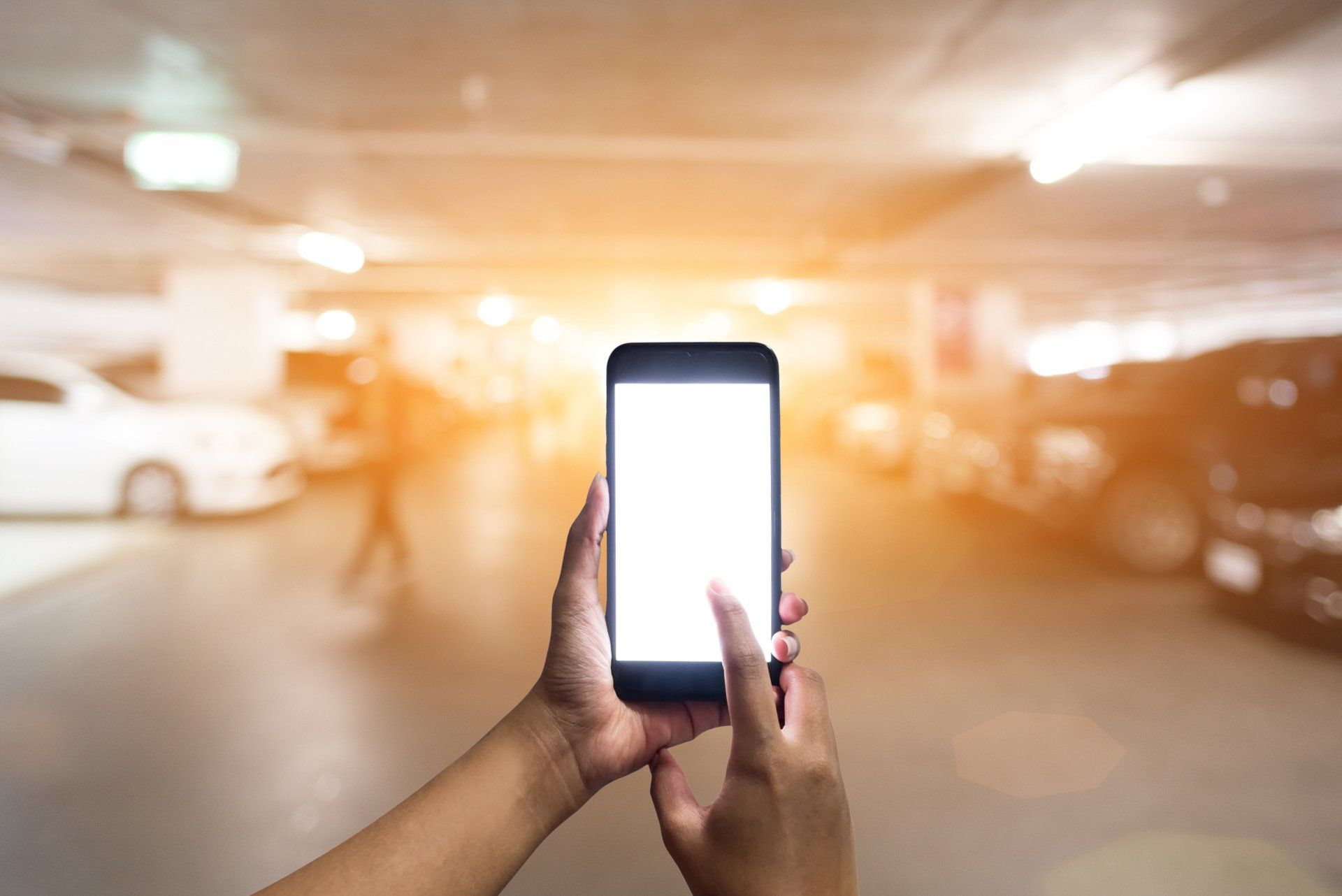Rosen Law Offices, APC • Apr 25, 2020

When Uber launched in San Francisco in 2010, and Lyft just 2 years later, the concept of being able to book a ride on your phone within seconds was widely celebrated. Not only was this new innovation convenient, but it gave society a renewed sense of safety. After all, fewer people would be drinking and driving, and women would no longer have to walk home alone late at night.
But with rideshare sexual assault cases on the rise, and most recently, the heinous murder of 21-year-old South Carolina College student, Samantha Josephson, this false sense of safety has undoubtedly been shattered.
Uber and Lyft may not have seen these tragedies coming, but that doesn’t make them any less responsible. Especially since both companies could have taken action by implementing better safety features immediately after the initial attacks.
Unfortunately, due to the regrettable slow pace of the companies’ movement toward prevention, the lives of women everywhere continue to be at risk.
An investigation completed in April of 2018 reveals that 103 Uber drivers in the US were accused of sexually assaulting passengers between 2014 and 2018. Because Uber did not inform its clients of these crimes, women were unaware of the potential danger, and therefore, more women were assaulted.
In fact, between September 2016 and February 2018, nine sexual assaults by fake Uber drivers were reported in Los Angeles alone. (see, here ) In response, 3 female sexual assault victims of fake Uber drivers have come together to file a suit in LA against the company for withholding this information. Additionally, in Seattle, multiple women, one of which was raped, reported the same man in separate incidents, posing as an Uber driver.
So where does it end? While Josephson, the aforementioned teen whose body was found on Saturday March 29th, 2019, cannot be here to fight for justice, we hope her devastating story can be a warning for all potential Uber or Lyft clients to use caution when entering a rideshare vehicle.
We believe that it is of paramount importance that Uber, Lyft, and all other rideshare companies, make serious strides in the safety precautions of their apps, complete with substantial background checks for all potential drivers.
In order to prevent another tragedy, like Josephson’s, in which a predator is posing as an Uber or Lyft driver, safety features should be implemented to ensure clients are getting in the correct vehicle.
It goes without saying, that rideshare companies such as Uber and Lyft should have been transparent about these incidents. Perhaps if they had, many women, including Josephson, may have been spared.
Rideshare companies need to take the many reported assaults, the lawsuit, and the death of Josephson very seriously in determining how to protect future clients and restore their bottom line of safe, convenient transportation for all.
If you find yourself in a frightening situation as a result of a rideshare experience, reach out to attorney Stephen Rosen at Rosen Law Offices, APC. at (949) 335-0020 or visit www.snrosenlaw.com.

